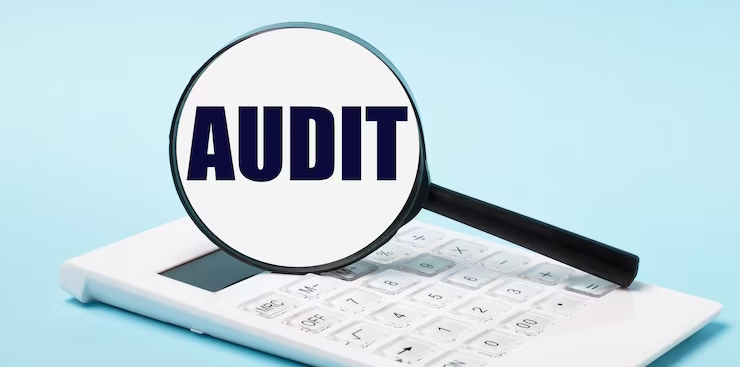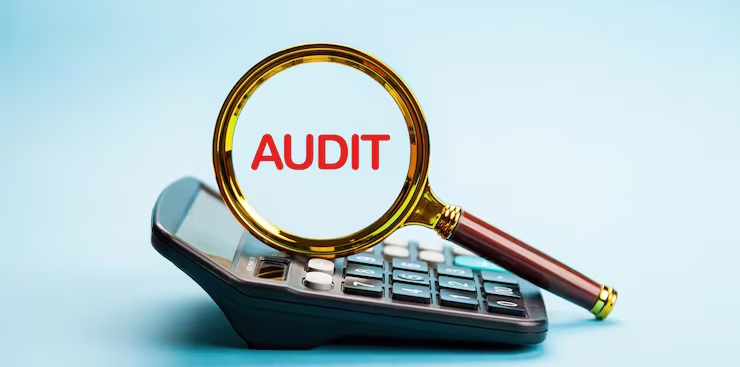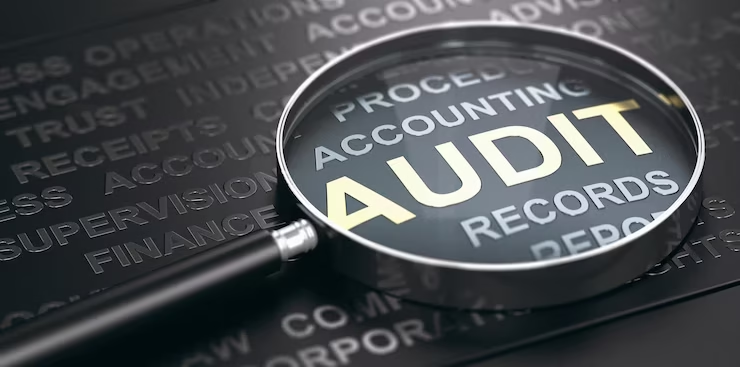In today’s fast-paced financial landscape, the importance of transparency and accountability cannot be overstated. Forensic accounting audits have emerged as a critical tool for businesses, legal professionals, and individuals seeking to uncover financial irregularities, resolve disputes, or ensure compliance with regulations. Combining the investigative skills of auditors with the precision of legal and accounting expertise, forensic accounting audits delve deep into financial data to reveal the truth. This blog explores the intricacies of forensic accounting audits, their processes, applications, and the value they bring to financial stability and legal proceedings.
What Are Forensic Accounting Audits?
Forensic accounting audits are specialized examinations of financial records designed to identify discrepancies, fraud, or errors. Unlike standard audits, these investigations go beyond routine checks and often involve reconstructing financial data to uncover hidden patterns or irregular activities. The goal is to produce accurate, court-admissible evidence that can support litigation, dispute resolution, or internal investigations. Forensic accountants are trained professionals adept at navigating complex financial systems, ensuring that every transaction is accounted for and verified.
The Scope of Forensic Accounting
Forensic accounting audits cover a wide range of financial activities and industries. These audits can be initiated to investigate:
- Corporate Fraud:Uncovering embezzlement, insider trading, or misappropriation of funds.
- Asset Misappropriation:Detecting unauthorized use of company assets.
- Tax Fraud:Ensuring compliance with tax regulations and identifying tax evasion schemes.
- Insurance Claims:Verifying the legitimacy of claims filed for damages or losses.
- Partnership Disputes:Analyzing financial statements to resolve disagreements between business partners.
- Bankruptcy Cases:Investigating financial statements during insolvency proceedings.
- Family Law Cases:Evaluating income, assets, and liabilities in divorce settlements or child support disputes.
Key Steps in Forensic Accounting Audits
Forensic accounting audits follow a structured process to ensure thorough and reliable findings:
- Engagement Planning:The first step involves understanding the scope and objectives of the audit. This includes defining the purpose, such as detecting fraud, analyzing discrepancies, or supporting legal action.
- Data Collection:Gathering all relevant financial records, including bank statements, invoices, receipts, contracts, and digital records. Access to comprehensive data ensures accurate analysis.
- Data Analysis:Using advanced tools and techniques, forensic accountants scrutinize transactions, trace funds, and identify anomalies. Analytical methods like ratio analysis, trend analysis, and forensic software aid in detecting inconsistencies.
- Interviews and Observations:Interviewing key personnel and observing processes can provide additional context and uncover non-financial factors contributing to irregularities.
- Reporting:Once the analysis is complete, forensic accountants compile findings into a detailed report, including evidence, interpretations, and recommendations. This report often serves as crucial evidence in legal or corporate proceedings.
- Litigation Support:Forensic accountants may be called upon to testify as expert witnesses, presenting their findings in a clear and persuasive manner.
Applications of Forensic Accounting Audits
Forensic accounting audits are invaluable in numerous scenarios:
- Fraud Detection and Prevention:Companies use these audits to identify vulnerabilities in financial systems, detect fraud, and implement measures to prevent future occurrences.
- Litigation Support:Legal professionals rely on forensic accountants to provide detailed analyses that can strengthen their cases. Whether in civil disputes or criminal trials, these audits can make or break a case.
- Mergers and Acquisitions:Forensic accounting audits play a pivotal role in due diligence processes, ensuring that financial records are accurate before significant business transactions.
- Regulatory Compliance:Businesses operating in highly regulated industries benefit from forensic audits by ensuring adherence to laws and avoiding penalties.
- Insurance Claims Verification:Insurance companies use forensic audits to validate claims and prevent fraudulent payouts.
- Corporate Governance:Forensic accounting audits support transparent governance by identifying financial discrepancies and ensuring accountability among stakeholders.
Tools and Techniques in Forensic Accounting
Modern forensic accounting audits leverage a blend of traditional methods and advanced technologies:
- Data Analytics Software:Tools like ACL, IDEA, and Tableau enable forensic accountants to process large datasets efficiently and uncover anomalies.
- Forensic Tools:Specialized software like EnCase and FTK aids in digital investigations, particularly when analyzing electronic records.
- Blockchain Analysis:With the rise of cryptocurrencies, forensic accountants now utilize blockchain analysis tools to trace digital transactions.
- Fraud Risk Assessment Models:These models help prioritize areas with higher fraud risk, streamlining the investigation process.
Qualities of an Effective Forensic Accountant
The success of forensic accounting audits depends on the expertise and qualities of the professional conducting the investigation. Key traits include:
- Analytical Thinking:The ability to dissect complex financial data and identify hidden patterns.
- Attention to Detail:Ensuring that no piece of evidence, however small, is overlooked.
- Legal Knowledge:Understanding legal frameworks and how findings can support litigation.
- Communication Skills:Presenting findings clearly to stakeholders and in courtrooms.
- Ethical Integrity:Maintaining objectivity and upholding professional ethics throughout the investigation.
Benefits of Forensic Accounting Audits
The value of forensic accounting audits extends beyond resolving disputes or identifying fraud:
- Enhanced Transparency:These audits promote financial clarity, enabling businesses to maintain trust with stakeholders.
- Cost Savings:By identifying fraud early, businesses can save substantial amounts in losses and legal expenses.
- Improved Decision-Making:Accurate financial data enables better strategic planning and operational decisions.
- Legal Protection:Forensic audits provide robust evidence that can protect organizations during litigation.
- Reputation Management:Addressing financial issues proactively enhances an organization’s reputation in the market.
Challenges in Forensic Accounting Audits
Despite their benefits, forensic accounting audits are not without challenges:
- Data Accessibility:Limited access to records can hinder investigations.
- Complex Financial Structures:Multinational corporations with intricate financial networks pose unique challenges.
- Technological Advancements:The increasing use of cryptocurrencies and digital platforms demands constant adaptation from forensic accountants.
- Cost and Time Constraints:Comprehensive audits can be resource-intensive, requiring significant time and financial investment.
Choosing the Right Forensic Accounting Service
Selecting the right forensic accounting service is critical for achieving accurate and actionable results. When choosing a provider, consider:
- Experience:Look for firms with a proven track record in handling cases similar to yours.
- Credentials:Ensure that the forensic accountants hold relevant certifications, such as Certified Fraud Examiner (CFE) or Certified Forensic Accountant (Cr.FA).
- Technological Expertise:Verify their ability to use advanced tools and adapt to emerging financial technologies.
- Reputation:Check client testimonials and industry reputation to assess reliability and professionalism.
Conclusion
Forensic accounting audits are a cornerstone of financial integrity, offering unparalleled insights into financial data and safeguarding organizations against fraud, disputes, and regulatory non-compliance. Whether you’re a business owner, legal professional, or individual facing financial uncertainties, the expertise of forensic accountants can provide the clarity and evidence you need to navigate complex financial challenges.
Secure your financial integrity today with professional forensic accounting audit services. Whether you’re a business owner looking to safeguard your assets or a legal professional seeking expert insights, we’re here to help. Contact us today at (877)-399-2995 or visit Mortgage Audits Online to learn more. Secure your financial future with confidence!







